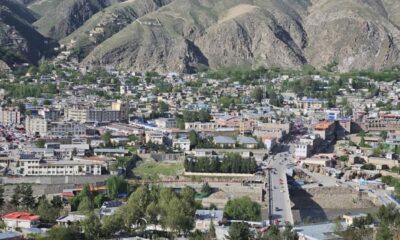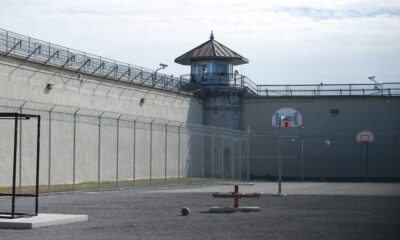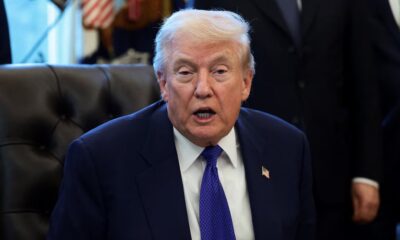Latest News
Khalilzad reflects on fall of Kabul govt and military
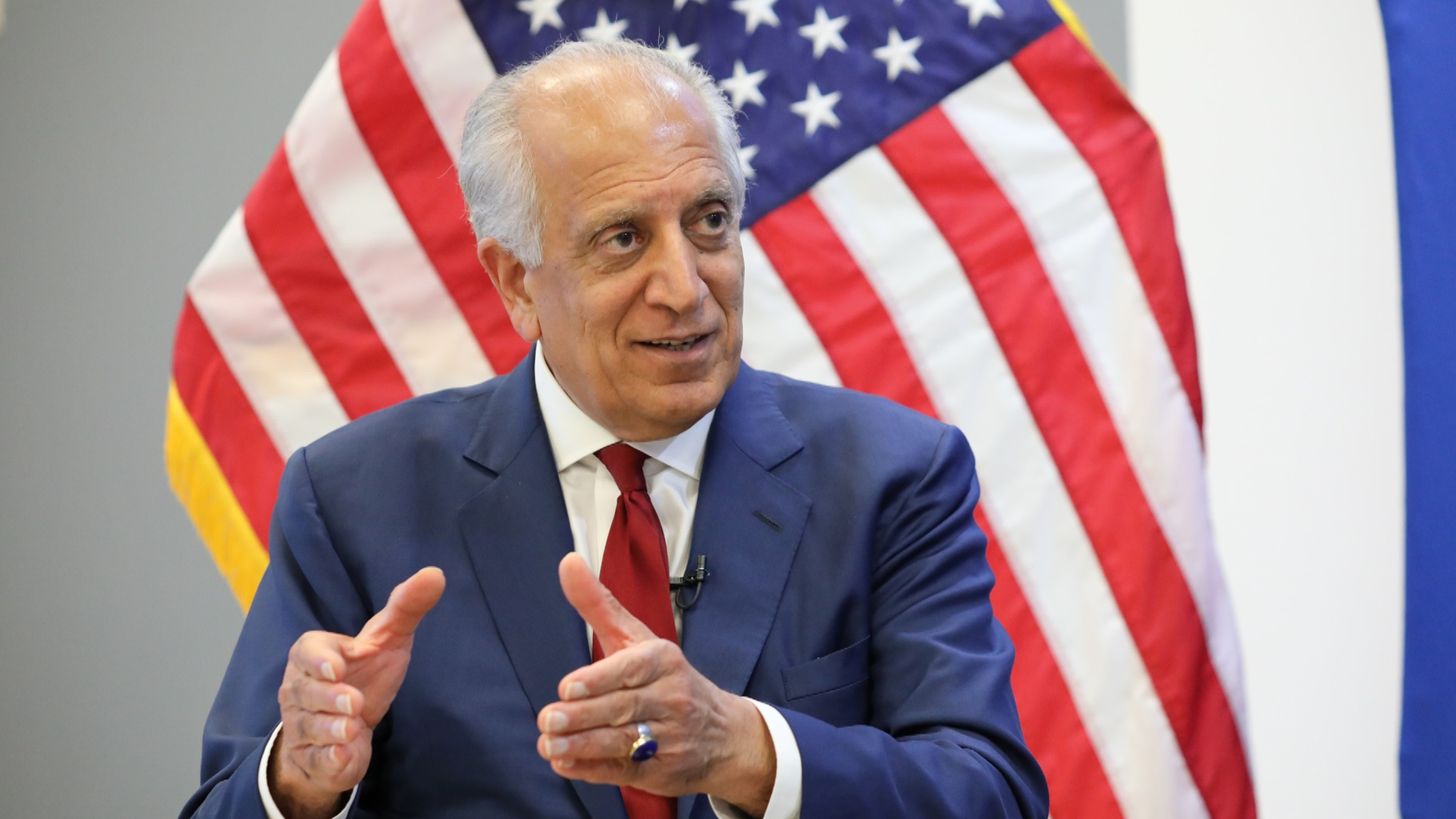
US special envoy for Afghanistan Zalmay Khalilzad said this week that many questions remain unanswered on why former president Ashraf Ghani fled the country unexpectedly and why the Afghan military forces dissolved within just a few hours.
He also stated that in his opinion, the leadership of the former government made a “grand miscalculation” – that the US would never withdraw its troops.
In an interview with Foreign Policy on Tuesday, Khalilzad said: “Why did President Ghani do what he did? Why did the forces behave the way they did? The question is, you know, we invested so much in this force. The numbers were impressive on paper, the capabilities were there, internal weapons, air power – especially special forces of the military, which we thought was quite significant and capable and dedicated, some of them, that perform extremely courageously as individuals, as units.
“There were forces at work for our various other agencies that were all there. What happened?,” he asks.
He said while the US did not have information yet on the issue it does seem the security forces were left fighting for a government they didn’t want to defend.
“We haven’t done enough work to say what definitively happened in terms of that. But that’s what it looks like,” he said.
“And there have been some quick assessments of why, even as districts were falling, people saying that many commanders were changed. There are others who say, you know, people didn’t think this thing was worth fighting for.
“Could it be the standing of the government changed with the soldiers because of corruption and perceptions of corruption? I don’t know; we don’t know. This will take a lot more time,” he said.
Khalilzad also said many Afghans complain that the US pushed Ghani too hard, while others have said Ghani should have been pushed harder on the negotiations.
He said he thinks Ghani may have been “ill advised” but that no one, except some individuals, expected the military and government to collapse so quickly.
“People thought it might take years if it happens. Then as these districts started to fall, some people shrank the time that it might take.
“But Ghani, whenever I saw him and when the secretary (of state Antony Blinken) spoke to him the night before all of this happened, he was of the view that even after our departure (troops withdrawal), sometimes he would say it was a blessing.”
Khalilzad said he had many conversations with Ghani in the lead up to the collapse of the former government, but the former president was “of the view that the Talibs (IEA members) would not be able to win militarily.
“He believed that very, very passionately and strongly until, I think, they (the IEA) were surrounding Kabul.”
He said in reference to the Doha talks between the US and the IEA, which led to the Doha deal in February last year, that he “respects those who say we shouldn’t have negotiated with the Talibs (IEA) without the government being there.”
He said commentators “don’t deal with the underlying forces or balance that caused us to do that which was that we were losing ground”.
“Since after (former U.S. President Barack Obama’s) surge, each year we were losing ground to the Talibs (IEA), meaning Talibs (IEA) were taking more territory. So unless we agreed to another surge, time was not on our side.”
“I think that the grand miscalculation of the Afghan leadership was this: that we were not going to leave.”
He said putting a condition in place with the IEA that troops would be withdrawn only once an agreement was in place between the IEA and the former government, “could have been an option”.
“But there was a lot of pessimism here, whether the Afghans could ever come to an agreement with each other. And therefore, if you made it a tight condition; You’d never leave; in a sense, you’re saying you’re going to stay”
Khalilzad stated that in his opinion Ghani was reluctant to forge an agreement with the IEA as a new government would mean he might lose power.
“This new government idea meant that perhaps he wouldn’t have led the government. It took us a long time to get him to even appoint an inclusive delegation to go to Doha.
Khalilzad also said however that the IEA played a key role in ending ISIS-K’s (Daesh) foothold in Afghanistan.
“I think on ISIS, they played a vital role in ending the territory of ISIS in Afghanistan. We will watch that closely. We are, this is obviously of vital importance, we hold them to their commitments on terrorism, including al Qaeda.
Khalilzad said that the US has made some achievements in Afghanistan over the past 20 years.
“People live longer, are more educated, wealthier. The physical face of Afghanistan, of Kabul, changed fundamentally. On the building of a vision – that of a democratic, self-sufficient, secure Afghanistan – I think we fell short together. And you have to learn from what happened.
“Could we have done things differently? Was there a problem of ends and means that our ambitions were too large compared to the strategy and resources?
“How we built the [armed] forces? Could it have been done differently to make it more resilient and more self-reliant and motivated to fight? Should we have pushed harder for a political settlement earlier? Yes, I reflect on those, and I will reflect on them for some time to come,” he said.
Latest News
Traffic accident in Badakhshan leaves 12 dead, 3 injured
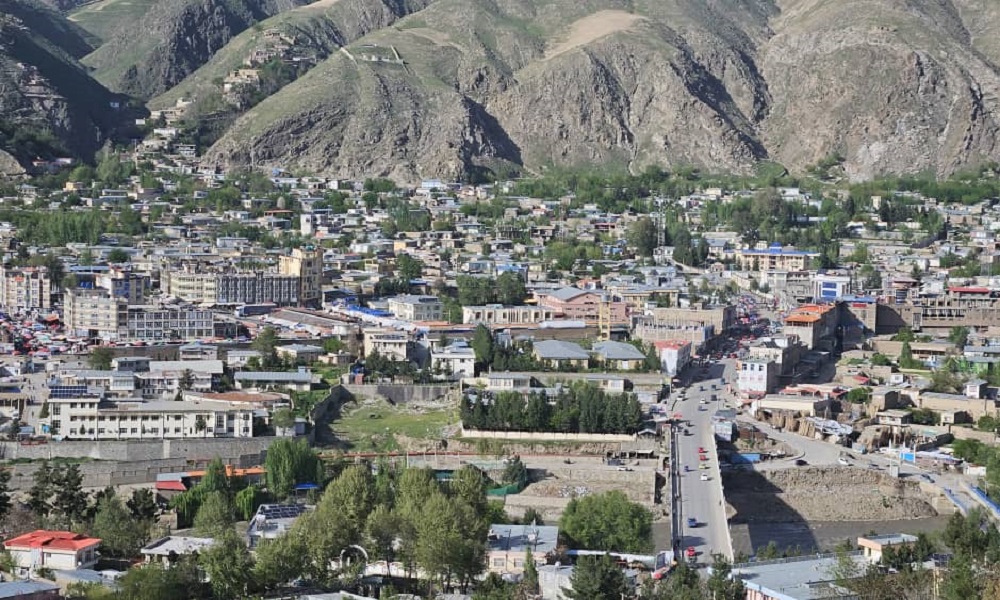
Ehsanullah Kamgar, spokesperson for the Badakhshan Provincial Police Command, said that 12 people were killed and three others were seriously injured in a traffic accident in Arghanjkhwah district of the province.
Kamgar added that the incident occurred at noon on Saturday in the Samdar area of Arghanjkhwah district.
According to him, the victims include men, women and children.
He explained that the incident happened when a Flancoach -type vehicle veered off the road due to poor road conditions and plunged into a ravine.
The injured were transferred to health centers for treatment, and the condition of some of them has been reported as critical.
Latest News
Afghanistan to grant one- to ten-year residency to foreign investors
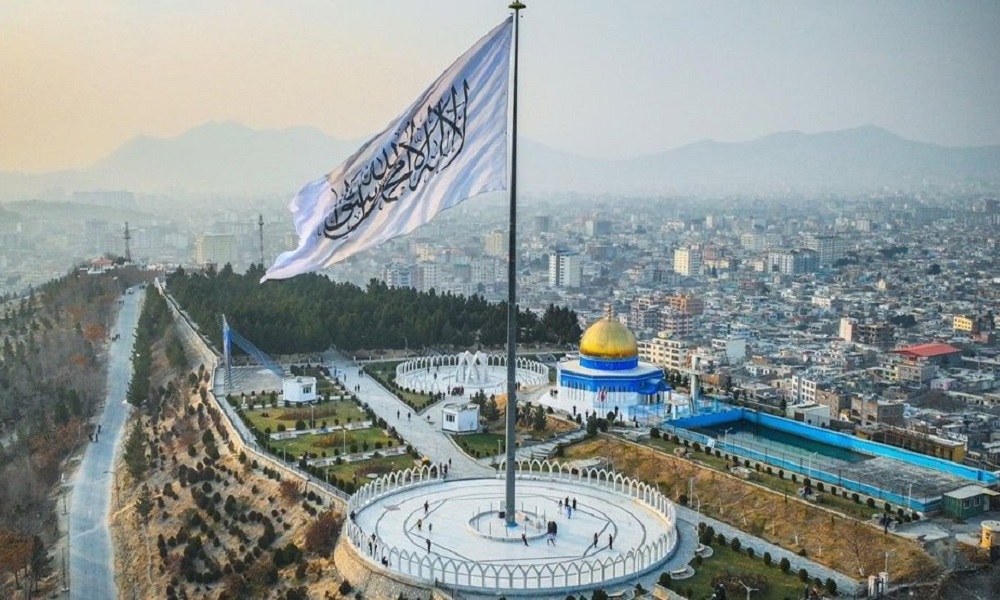
The Islamic Emirate of Afghanistan has approved a plan to grant foreign investors residency permits ranging from one to ten years in exchange for investment in the country.
The decision was endorsed during a regular meeting of the Economic Commission, chaired by Deputy Prime Minister for Economic Affairs Mullah Abdul Ghani Baradar.
According to a statement from the deputy PM’s office, a designated committee has been tasked with determining the length of residency based on the volume of investment, which will be categorized under specific criteria.
Latest News
Traffic police receive new cars

The Ministry of Interior has announced the delivery of several new, modern cars to the General Directorate of Traffic Police, replacing the older fleet that consisted mostly of trucks.
According to a ministry statement, the new vehicles, equipped with special traffic police colors, markings, and modern equipment, are expected to play a key role in maintaining traffic order in cities and on main roads, preventing accidents, and providing faster services to the public.
-

 Sport4 days ago
Sport4 days agoJapan trumps Afghanistan 6-0 in AFC Futsal Asian Cup quarter-final
-

 Sport4 days ago
Sport4 days agoHosts and heavyweights advance as AFC Futsal Asian Cup reaches semifinals
-

 Latest News3 days ago
Latest News3 days agoTerrorist threat in Afghanistan must be taken seriously, China tells UNSC
-

 Latest News3 days ago
Latest News3 days agoUzbekistan, Pakistan advance Trans-Afghan railway project
-

 Business5 days ago
Business5 days agoAfghanistan seeks expanded ties with Russia in energy, mining and infrastructure
-

 Sport3 days ago
Sport3 days agoWinter Olympics finally underway, ATN to broadcast exclusively across Afghanistan
-

 Sport3 days ago
Sport3 days agoAfghanistan beat West Indies in final T20 WC warm-up match
-
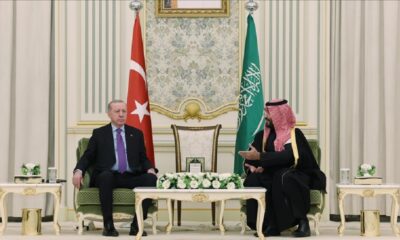
 Regional4 days ago
Regional4 days agoTurkish President Erdogan meets Saudi Crown Prince in Riyadh




